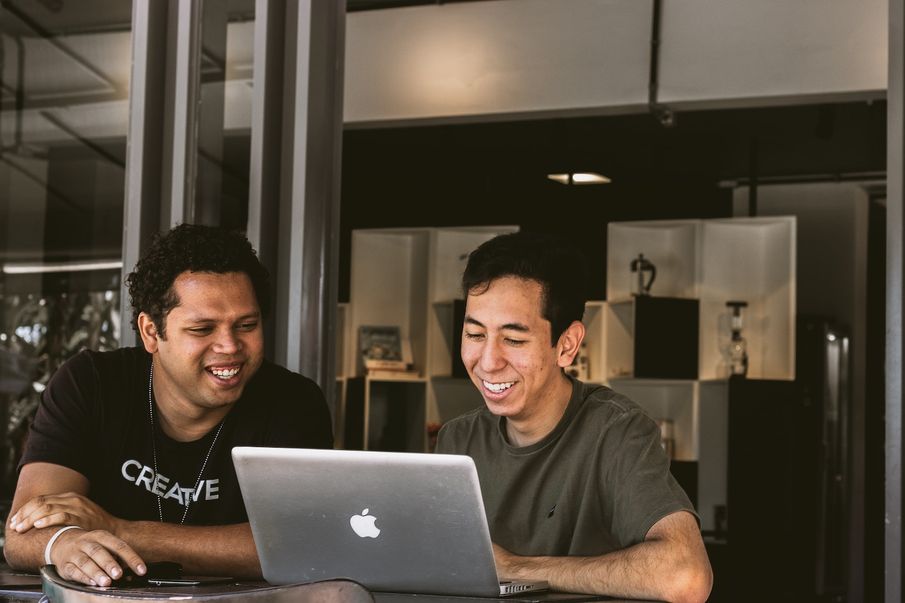Learn how to manage the mental impact of unemployment as Dr Megan Jones Bell, Chief Strategy and Science Officer at Headspace, highlights the key benefits of meditation for financial anxiety
In the UK and around the world, many measures have been implemented to help protect our physical health during the public health crisis.
Some of the casualties of the pandemic have unfortunately been economic. Many workers have been furloughed or are now unemployed, and others have been unable to work from home, affecting their income. The resulting financial and economic stress can feel overwhelming and hard to escape, affecting our relationships, sleep and health. This can permeate every area of life, making it hard to think, focus and generally function.
It can be easy to imagine this situation as being never-ending, and even easier to avoid tough conversations with loved ones. Like with any hardship, often the toughest thing to do is to look our financial stress in the eye, stay present, and deal with it.
In fact, Headspace’s latest 2020 Mental Health Trends Report found that one of the greatest sources of stress for 50% of Brits is financial. That means that at any given time, half of us might have heads spinning with worry, shame, and anxiety about the very same thing - but rarely is it spoken about. Money remains one of the major social taboos, and the secrecy only makes the problem worse.
Meditation can’t make us wealthy or dissolve our debts, but it can bring an awareness that helps us reframe our approach to finances. When we can’t change the reality of a situation, we instead change our perspective; in changing our perspective, we change our relationship with something, and that’s a powerful shift when it comes to money.

How can meditation and mindfulness ease financial anxiety?
Gaining clarity
When there’s a lot on our minds, it can be tricky to see the blue sky through the clouds. Meditation is great for nurturing presence of mind, helping cut away the noise so that we can get some much-needed clarity on what matters and what needs to be prioritised.
We’re also prone to feeling a little off-kilter when we’re stressed about money. Mindfulness allows us to find our feet again, restores some equilibrium, and teaches us to respond, not react. Meditation also helps us be more resilient so that we can address the problem head-on.
Communication
The worst thing about financial anxiety and its associated feelings, such as shame, is that we adopt behaviours, such as avoidance. Having the ability of self-awareness means you are able to recognise this pattern. By opening up to friends and family, and even asking them how they manage their finances, we can begin to break the sense of a guilty secret that’s kept us stuck.
Navigating change
Being comfortable with change is not easy for most people, especially when it comes to money. This pandemic has brought on a series of unprecedented changes, not only to our economic conditions but our entire way of life. It’s common to feel at the mercy of a situation that seems to be in control of us, and not vice-versa. Mindfulness helps restore a greater sense of flow and ease, and give you some clarity of mind.

Recognise the importance of focusing on you
When we’re stressed about money, one of the hardest things to do is look after ourselves, or at least do something that feels positive. This could be as simple as getting outside for a walk in nature, rediscovering your creative side with a new hobby, or simply taking 10 minutes for an undisturbed coffee break. In looking after ourselves, we look after our minds - which is especially important when dealing with financial anxiety.
In the end, acceptance is key - first by acknowledging our financial responsibilities, and then by letting go of what we can’t control. Headspace has a range of mindfulness courses and sessions to help reframe your mindset towards finance, ease financial anxiety and aid a healthy relationship with money.
Navigating career change, including unemployment and redundancy, can have a huge impact on our mental health and how we feel about ourselves. If you’re struggling to navigate this change, whether you have been recently made redundant, are facing unemployment or are considering a career change, you may benefit from seeking professional help.
By working with a coach, you can uncover what it is you really want to do. A coach will listen to you, but also question you and challenge you to discover a side of yourself you didn’t know you had.
To learn more about coaching and how it can help you during a time of unease, or to find a coach near you or online, visit Life Coach Directory.


Comments